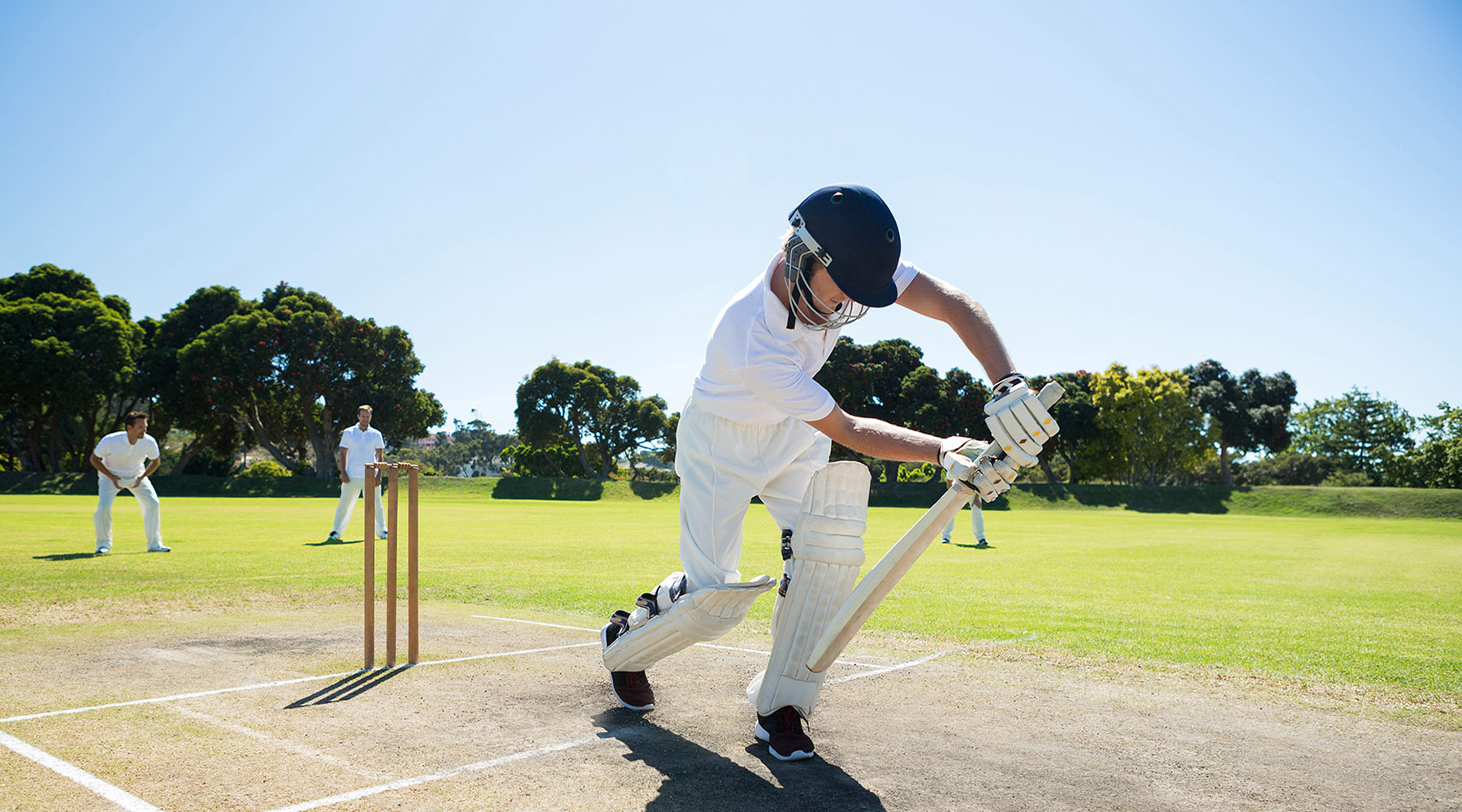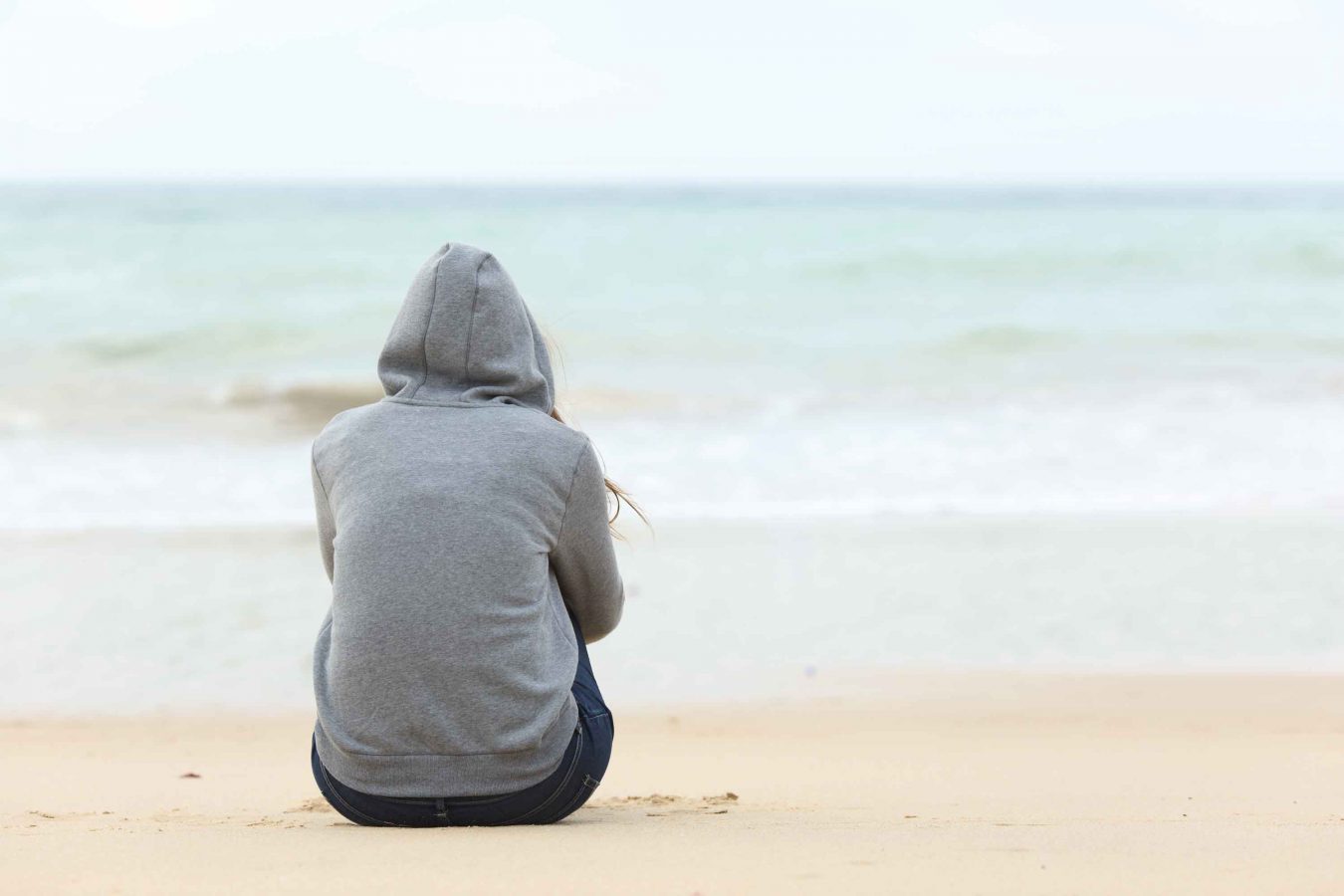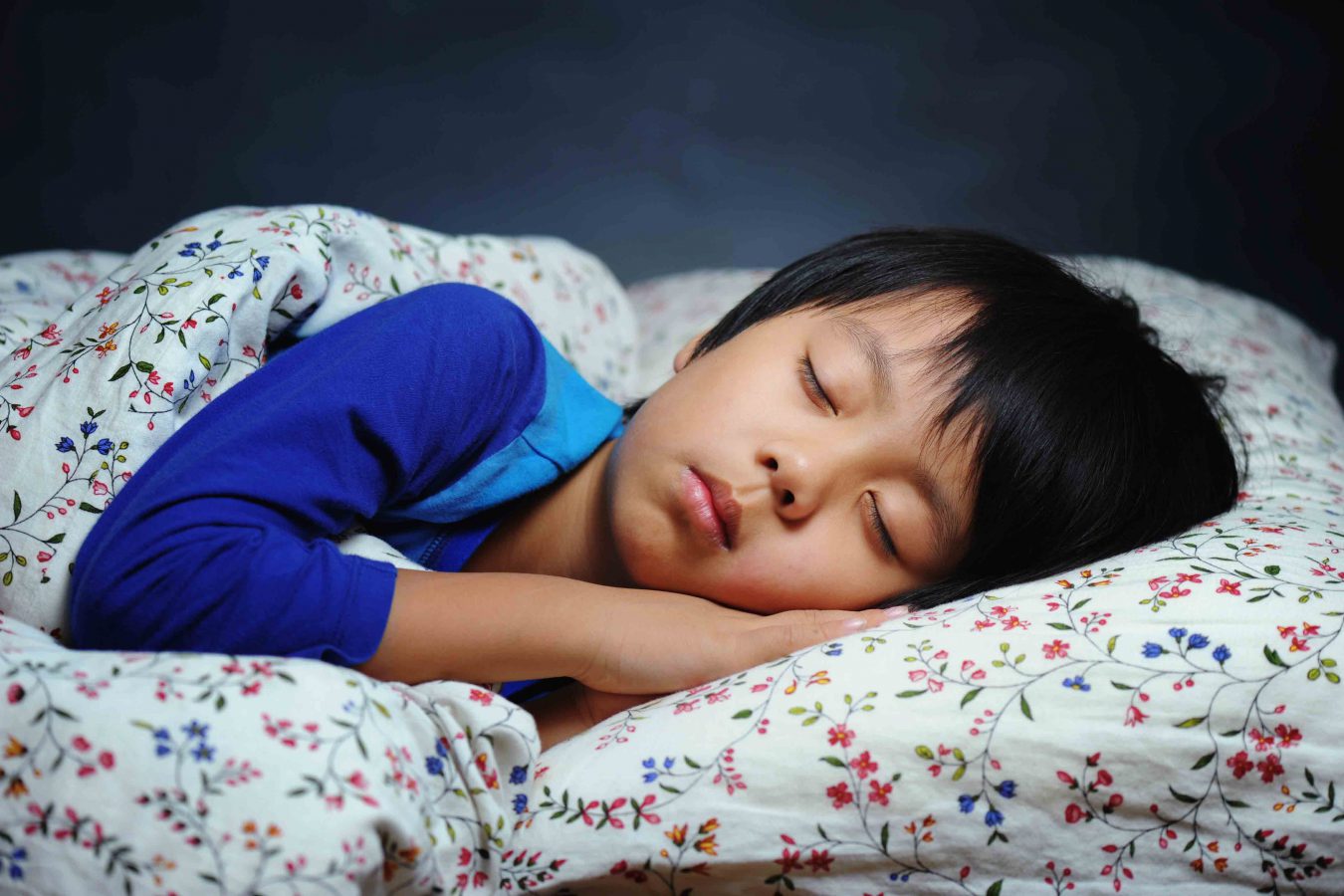
Finding the right balance with extracurricular activities, Andrew Garfield and Elmo explain grief, improving your child's sleep routines and when to talk to your kids about pornography.
Our selection of thought-provoking and useful resources from around the web on educating and raising children, and supporting families.
Families are spending thousands of dollars on extracurricular activities – so what is the right balance?
(Lily Nothling, Stateline)
Sports practice, dance classes, music lessons and more; how much is too much when it comes to extracurricular activities? This article considers the pros and cons for families of enrolling their kids in programs after school and on weekends.
While there is plenty of evidence of the health and social benefits of extracurricular activities, there are also times when they can be a bit too much for children and their parents. Psychologist Dr Cassy Dittman recommends that parents consider pulling back when things start to feel overwhelming, ‘not just in our children, but in ourselves’.
‘There’s the financial costs obviously, but there’s also the cost on our energy and our time, and sometimes that can have an impact on our own wellbeing’, Dr Dittman said.
Read the full article‘I miss her a lot’: Andrew Garfield telling Elmo about grief was his best work yet.
(Stuart Heritage, The Guardian)
For a cuddly red muppet, Elmo has a way of getting guests on Sesame St to open up, and Spiderman actor Andrew Garfield is no exception.
Garfield’s mother passed away in 2019, and when he tells Elmo how much he misses her, his sincerity is evident. When Elmo tells the actor that he also gets sad when he misses people, Garfield tells him that it’s okay to miss somebody.
‘Sadness is kind of a gift’, Garfield says. ‘It’s a lovely thing to feel, in a way, because it means you really love somebody when you miss them … it makes me feel close to her when I miss her’.
Read the full articleHow to help your child be more confident and capable in the classroom
(Selina Ross, ABC News)
Lack of sleep can have a big impact on how your child performs at school, but there are ways we can help them get more sleep.
Child psychologist Cassie Xintavelonis suggests keeping to a regular routine each night, even for older kids, and not using devices in half hour before bed.
‘If there’s something familiar that they can do on the way to bed every night, it can really help just relax them and get them ready for sleep’, she said.
Read the full articleYour kids are likely to see pornography. Here's how to talk to them about it
(Hannah Reich, Parental as Anything)
Almost 50 per cent of Australian boys have seen pornography by age 13 and almost 50 per cent of girls have seen it by age 15. Often they come across it inadvertantly, but the content can be very graphic, violent and degrading, especially towards women.
This article explores the importance of openly discussing pornography with our children in a way that helps them understand the difference between what they may have seen and a healthy relationship.
Sexuality educator and researcher Deanne Carson says kids need to know that there are things on the internet that are not made for children, and if they see something that makes them feel ‘worried, scared, uncomfortable, or that they just don’t feel it was made for kids, it’s really important they speak to a trusted adult about it’.
Read the full articleStay up to date with our newsletter here


